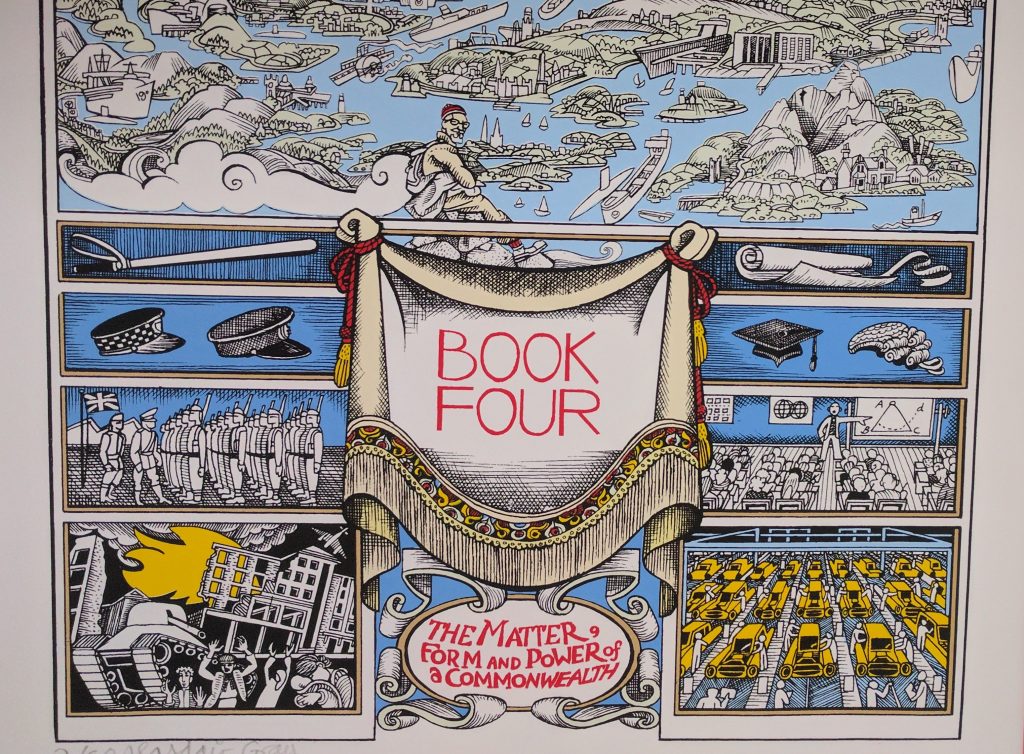by Henry Farrell on April 25, 2017

One of the people who blurbed Walkaway enthusiastically is William Gibson, whose own most recent book, The Peripheral covers many of the same themes that Walkaway does. The rise of extreme inequality described by Piketty and others, as the super-rich become so different from everyone else as nearly to be a distinct species. Accelerating technological change so that there are no jobs, or only very bad ones, for most people. A post-industrial landscape, in which the wreckage of the industrial era provides valuable resources for those in the new era.
Yet the two books draw radically different conclusions from roughly similar premises. Gibson’s book is a dystopia, in which the rich are so powerful as to be, effectively, beyond challenge. The only possibilities for agency on the part of anyone else are in the interstices, the implied spaces within the structures of the internecine conflicts of the elites. Walkaway, in contrast, is a book about the beginnings of a utopia. The characters frequently quote variants of Alasdair Gray’s dictum that one should “work as if you lived in the early days of a better nation.” Above is a detail from a print by Gray, based on his frontispiece for Book Four of Lanark. It displays the forces through which the state, “foremost of the beasts of earth for pride,” maintains its domination, with the machineries of war to the left, and those of law and thought to the right. At the end of Walkaway, Doctorow’s characters live in a society which appear to have mostly escaped from both kinds of domination. [click to continue…]
by John Q on April 25, 2017
Today is Anzac Day, the anniversary of the disastrous Gallipoli campaign which marked the first major involvement of Australian and New Zealand troops in the Great War. In their memory, I’ll quote the man most directly responsible for the disaster, describing the war of which it was a part (H/T Daniel Quiggin)
Germany having let Hell loose kept well in the van of terror; but she was followed step by step by the desperate and ultimately avenging nations she had assailed. Every outrage against humanity or international law was repaid by reprisals often on a greater scale and longer duration. No truce or parley mitigated the strife of the armies. The wounded died between the lines; the dead moldered into the soil. Merchant ships and neutral ships and hospital ships were sunk on the seas and all on board left to their fate, or killed as they swam. Every effort was made to starve whole nations into submission without regard to age or sex. Cities and monuments were smashed by artillery. Bombs from the air were cast down indiscriminately. Poison gas in many forms stifled or seared the soldiers. Liquid fire was projected upon their bodies. Men fell from the air in flames, or were smothered, often slowly, in the dark recesses of the sea. The fighting strength of armies was limited only by the manhood of their countries. Europe and large parts of Asia and Africa became one vast battlefield on which after years of struggle not armies but nations broke and ran. When it was all over, Torture and Cannibalism were the only two expedients that the civilized, scientific, Christian states had been able to deny themselves: and these were of doubtful utility.
As it turned out, even this assessment was too optimistic. The second phase of the great world war saw the end of the few limits that had been observed in the first.
To pay respect to the Anzacs and those who followed them, we should stop repeating the mistakes and crimes of those who sent them to their deaths.
